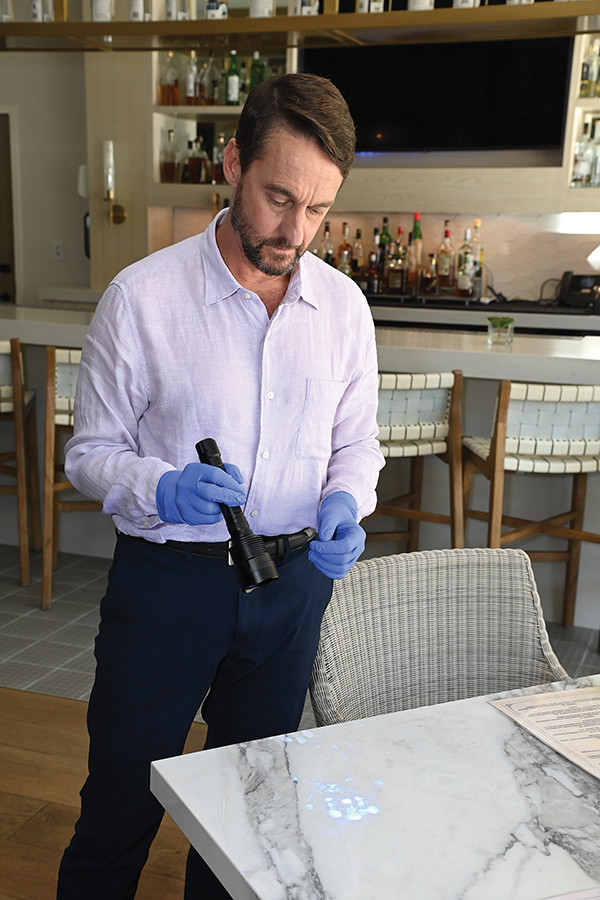(Family Features) For years, terms like “clean,” “sanitized” and “disinfected” have been used almost interchangeably. However, if people have learned anything from the COVID-19 pandemic, it’s just because something looks clean doesn’t mean it actually is.
From high-touch surfaces to personal hygiene, many have focused more on the cleanliness of their homes and the businesses they visit amid the pandemic. In fact, roughly 3 in 5 Americans (57%) are more concerned about the cleanliness of businesses they frequent due to the COVID-19 pandemic, according to an online survey of 2,504 adults in the United States commissioned by ISSA and conducted by YouGov. Further, more than half (56%) have thought about how clean a business or public space is during the past two years more than ever before.
 To help explain what “clean” means and shine a light on the importance of proper cleaning, the worldwide cleaning industry association launched “Rethink What Clean Means,” a first-of-its-kind campaign to educate the public and support businesses in elevating their standard of clean.
To help explain what “clean” means and shine a light on the importance of proper cleaning, the worldwide cleaning industry association launched “Rethink What Clean Means,” a first-of-its-kind campaign to educate the public and support businesses in elevating their standard of clean.
Consider these tips from the global experts on clean to help ensure you feel at ease both at home and in public spaces.
At Home
- When cleaning, wear gloves and do not touch your face (mouth, nose, eyes) with your hands. Gloves can help reduce the risk of infecting yourself with bacteria on the surfaces you’re cleaning and protect skin from the chemicals in cleaning supplies that could cause rashes or other irritation.
- Use cleaning products according to their directions for the most effective results. Be sure to account for the “dwell time” needed for a product to be effective after being applied. Many cleaning agents and disinfectants require time to sit on the surface to activate rather than being rinsed or wiped off immediately. Always keep cleaning products out of the reach of children.
- Consider using microfiber cloths, which can remove 99.9% of bacteria on hard surfaces due to their electrostatic properties. To help prevent cross contamination, use color-coded cloths for different jobs and wash microfiber cloths with other microfiber items only to maintain their cleaning power.
- Before using disinfecting products, clean soiled surfaces. For example, use a general-purpose cleaner to clean a tabletop before applying disinfectant according to the instructions on the product label.
- Frequently wipe down handles and other oft-touched surfaces like remote controls and light switches with disinfectant wipes or a microfiber cloth sprayed with a cleaner or disinfectant to help reduce the spread of germs.
On the Go
- Wash your hands with soap and water often, especially before meals and after using the restroom. Dry your hands with paper towels or automatic dryers to help prevent the spread of germs. Keep alcohol-based hand sanitizer on-hand for times when soap and water are not available.
- When traveling, use surface disinfecting wipes to disinfect high-touch surfaces, like armrests and tray tables, as they can easily pass germs between travelers.
- Look for businesses and public places committed to rethinking clean by displaying the Rethink Clean insignia. Additionally, seek out facilities that hold third-party cleaning accreditations like the GBAC STAR Facility Accreditation, which means they uphold the highest standards of cleaning, disinfection and infection prevention to protect public health.
Learn more about cleaning to the highest standards at RethinkClean.org.
Photo courtesy of Getty Images (father and daughter cleaning counter)
Source:







